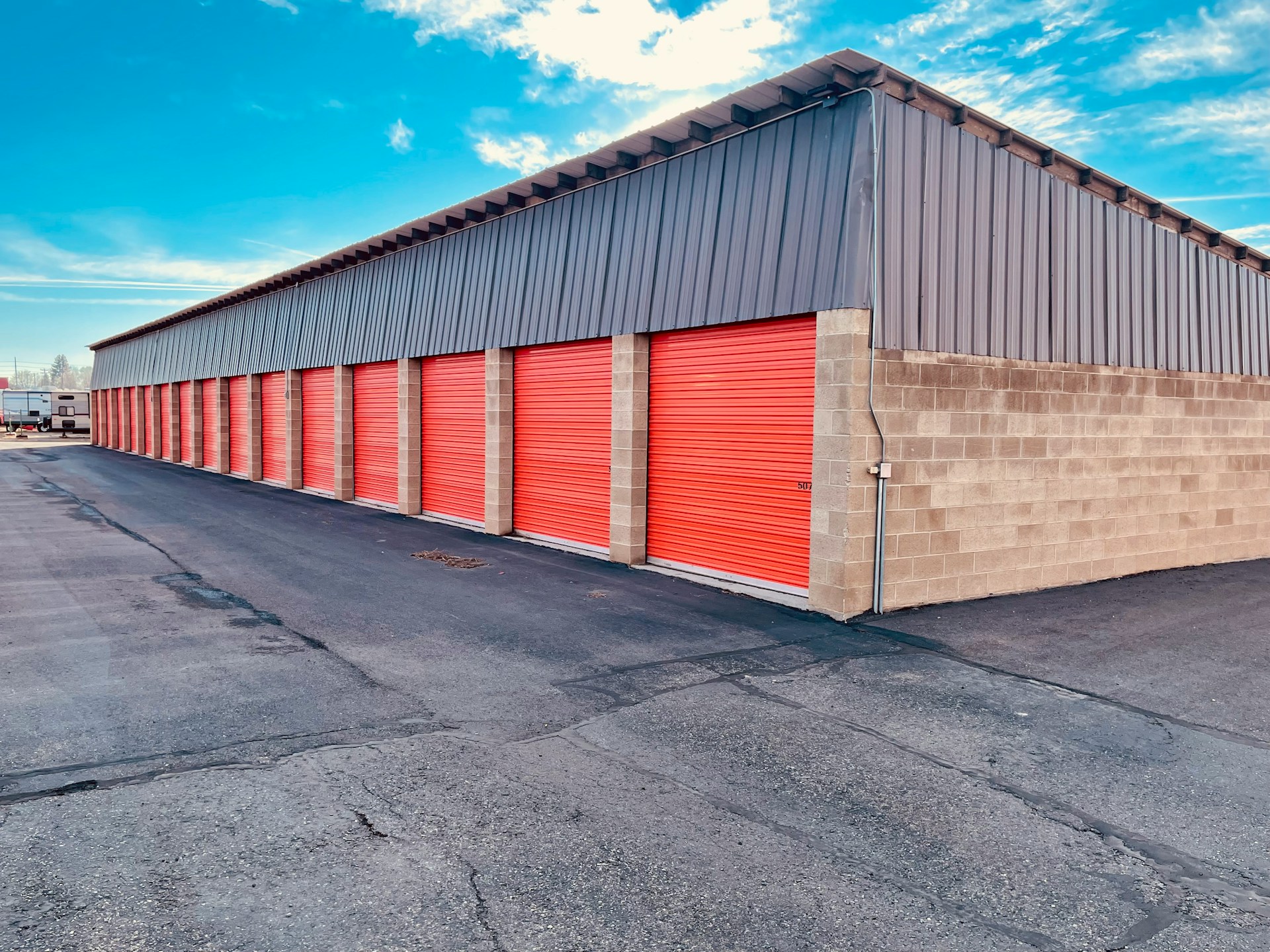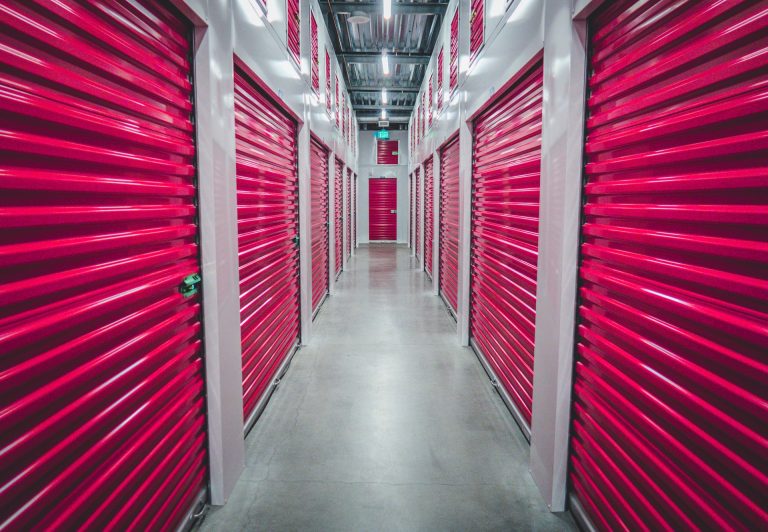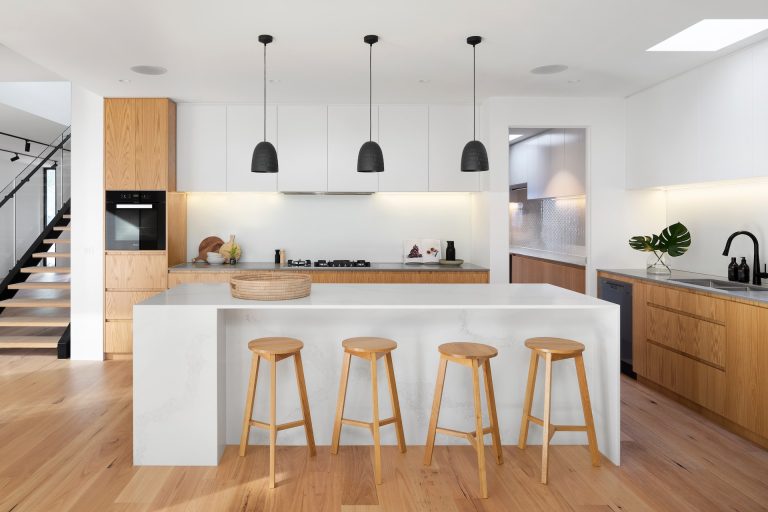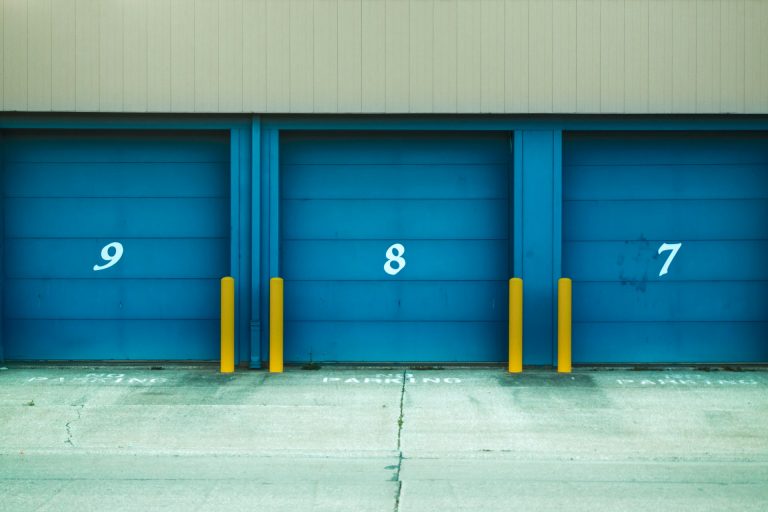When Can a Storage Unit Lock You Out? Legal Rights
Ever wondered about the circumstances when a storage unit can deny you access? Understanding the situations that may lead to being locked out of your storage space is crucial. From missed payments to violating the facility’s terms, there are various reasons why this could happen. In this post, we’ll delve into these scenarios and provide insights on how to prevent finding yourself in such predicaments. Stay informed and ensure that your belongings remain accessible when you need them most.
Understanding Storage Unit Contracts
When can a storage unit lock you out? To understand this, it’s crucial to grasp the rental process. Before signing anything, make sure you thoroughly comprehend the terms of the rental agreement. Provide accurate personal information during the rental process to avoid any issues in the future.
Furthermore, inquire about any specific rules or regulations related to accessing the unit and items. This could include details about access hours, visitor policies, and security procedures. Being informed about these aspects can help prevent potential conflicts with the storage facility down the line.
Moving on to payment terms, familiarize yourself with the accepted payment methods for your monthly rent. It’s equally important to be aware of the due date for payments and any potential penalties for late payments that may apply if you miss a deadline.
In case of default consequences, understanding them is critical. Be aware of how consistently missing payments could impact your contract and what actions may be taken by the storage facility as a result. Furthermore, seek clarification on how defaulting might affect your credit score and ask about timelines for when default consequences would take effect.
Consequences of Non-Payment
Late payment of storage unit fees can lead to several consequences that may affect your access and ownership rights.
Firstly, late fees are common in storage unit contracts. It’s crucial to be aware of the exact amount and when they apply. Inquire about any grace period before late fees are imposed to avoid unexpected charges. Ask about any extra costs associated with late payments, such as administrative or processing fees.
Secondly, understand the circumstances under which a storage facility may deny you access to your unit due to non-payment. Knowing this information is essential for avoiding surprises if you ever face an access denial situation. Clarify the process for regaining access if it is denied and inquire about any restrictions on accessing your unit during specific hours or days.
Lastly, familiarize yourself with the conditions that could result in a property lien being placed on your unit due to non-payment. Understand the implications of having a lien placed on your property, as it could lead to eventual auctioning off of your belongings by the storage facility in extreme cases. Also, inquire about the steps required to remove a property lien from your unit once payment has been made.
Timeline for Payment Delinquency
Understanding the timeline for payment delinquency is crucial to avoid being locked out of a storage unit. Firstly, inquire about the grace period offered by the storage facility. This refers to the additional time granted after the due date to make payments without incurring penalties. It’s important to know if there are any extra charges during this grace period and what actions may be taken if payment is not made within this window.
Secondly, familiarize yourself with the notice period required before vacating the unit. Ask about any specific procedures for giving notice and whether there are penalties for not providing the required notice. Understanding these timelines can help you plan your actions accordingly and avoid unexpected consequences.
Lastly, be aware of the auction schedule in case of non-payment. Inquire about how you will be notified regarding an auction of your belongings and whether there are any opportunities available to prevent items from being auctioned off. Knowing these details can help you take proactive measures to address any potential issues before they escalate.
Legal Rights of Storage Facilities
If you’re wondering when a storage unit can lock you out, it’s crucial to understand the justifications for such actions. Storage facilities usually have specific reasons for locking tenants out of their units, often related to non-payment or violation of rental agreement terms. If you fall behind on your payments, the facility may be legally allowed to deny access to your unit until outstanding fees are settled.
In case of a lockout situation, there might be steps you can take to rectify it. It’s important to communicate with the storage facility as soon as possible and inquire about any legal rights you have in this scenario. Understanding your rights and potential solutions is essential when facing a lockout from your storage unit.
Preventing a Lockout Scenario
When can a storage unit lock you out? To avoid this situation, clear communication with the owner or management is crucial. Keep records of all payment and access communications for reference. Inquire about preferred communication methods and times to ensure effective interaction.
Having a plan to clear any outstanding debts promptly is essential in preventing a lockout scenario. Proactively communicate with the facility management regarding debt repayment options. Explore potential solutions such as payment plans or debt settlement negotiations to prevent being locked out of your storage unit due to unpaid dues.
If vacating the unit, always inform the management at least 16 days in advance. This allows them ample time to manage the space and potentially find another tenant if needed. Clearing out your belongings within this timeframe also ensures that you won’t be locked out unexpectedly.
Actions After Being Locked Out
After being locked out of your storage unit, the first step is to contact the management. Inform them about the situation and inquire about the necessary steps to regain access.
If you have been locked out due to non-payment of dues, it’s crucial to settle your outstanding balance promptly. Contact the management or visit their office to clear any pending payments and resolve the issue.
Once you have settled any financial obligations, arrange with the management to retrieve your items from the storage unit. Schedule a convenient time for accessing your belongings and ensure that all necessary arrangements are made beforehand.
Understanding Self-Storage Operations
Rent Collection
When can a storage unit lock you out due to rent collection? Typically, storage facilities will have clear guidelines on rent payment and late fees. If you miss your payment deadline, the facility may impose a late fee. After a certain period of non-payment, they might place a lock on your unit.
It’s essential to carefully read the rental agreement when renting a storage unit. The agreement outlines the terms of rent collection, including grace periods and late fees. Some facilities offer automated payment options to prevent missed payments and potential lockouts.
Facility Management
In some cases, storage units may issue warnings before locking tenants out due to non-payment. They could send reminders via email or mail regarding overdue payments before taking action. It’s crucial for tenants to maintain open communication with the facility management if facing financial difficulties that may affect their ability to pay rent.
Facility managers also play an important role in ensuring fair treatment of tenants in matters related to rent collection and potential lockouts. They should provide clear information about the consequences of non-payment and work with tenants who are experiencing challenges meeting their financial obligations.
Customer Obligations
Tenants have specific obligations when renting a storage unit, including timely payment of rent as outlined in the rental agreement. Failure to meet these obligations can result in access restrictions or eventual eviction from the unit.
To avoid being locked out due to non-payment, it’s advisable for customers to stay informed about their rental terms, seek assistance from facility staff if needed, and prioritize timely rent payments as part of their responsibilities as renters.
Legal Age and Storage Rentals
Age Requirements
When can a storage unit lock you out? One of the key aspects to consider is the legal age for renting a storage unit. Typically, individuals must be at least 18 years old to enter into a legally binding contract. This means that if you are under 18, you may not have the contractual capacity to rent a storage unit on your own. In such cases, it’s important to involve a parent or legal guardian in the rental agreement.
It’s crucial to understand that failing to meet the age requirements could lead to potential issues with managing payment responsibilities. For example, if an individual who does not meet the legal age requirement rents a storage unit without involving a responsible adult, they might struggle with fulfilling their financial obligations. This could result in late payments or non-payment altogether, leading to possible consequences such as being locked out of the storage unit due to non-compliance with contractual terms.
Contractual Capacity
Understanding contractual capacity is essential for effectively managing payment responsibilities when renting a storage unit. Individuals need to comprehend their rights and obligations outlined in the rental agreement before signing it. By doing so, they can proactively communicate any concerns or limitations regarding meeting payment deadlines with the facility management.
Maintaining open communication and adhering to contractual obligations are vital for fostering a positive relationship with storage facility management while avoiding lockout situations and other potential consequences related to non-payment or breach of contract.
Final Remarks
You’ve gained valuable insights into storage unit contracts, payment delinquency consequences, and your legal rights. Remember, preventing a lockout scenario is key. Stay on top of your payments and communicate with the storage facility if you encounter difficulties. Knowing your rights and responsibilities can help you navigate any potential lockout situation.
Now that you’re equipped with this knowledge, take proactive steps to prevent a lockout. Stay organized with your payments and be aware of the timelines for delinquency. If you find yourself facing a lockout, remember your rights and take appropriate actions. Stay informed, stay communicative, and protect yourself from potential lockout scenarios.
Frequently Asked Questions
When can a storage unit lock you out?
If you fail to make timely payments according to your contract, the storage facility typically has the right to place a lock on your unit. This is usually outlined in the rental agreement and can vary by state laws.
What are the consequences of non-payment for a storage unit?
Non-payment may lead to late fees, eventual auctioning of your belongings, and even legal action. It’s crucial to communicate with the facility if you’re facing financial difficulties to explore potential solutions.
Is there a timeline for payment delinquency before being locked out?
The specific timeline varies among facilities and is detailed in your rental agreement. Typically, there’s a grace period after which late fees accrue, followed by potential lockout or auction procedures.
What are my legal rights as a renter at a storage facility?
As a renter, you have rights regarding access to your belongings and proper notification before any actions such as lockouts or auctions take place. Understanding these rights is essential for protecting yourself in case of disputes.
How can I prevent getting locked out of my storage unit?
To avoid being locked out, prioritize timely payments and open communication with the facility if you encounter challenges meeting payment deadlines. Being proactive can help prevent undesirable scenarios from occurring.
What should I do if I’ve been locked out of my storage unit?
If faced with a lockout situation, promptly contact the facility management to discuss resolving any outstanding issues. Clear communication and cooperation could potentially help reinstate access without further complications.
Can minors legally rent self-storage units?
Generally, individuals must be 18 years old or older to enter into binding contracts like renting self-storage units. However, some facilities might have specific policies regarding age requirements for renters.





